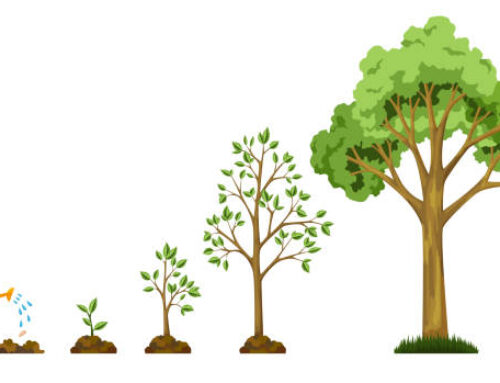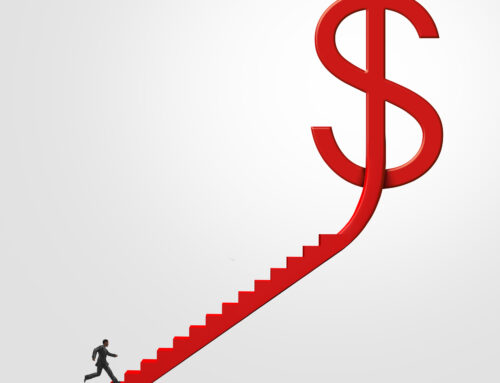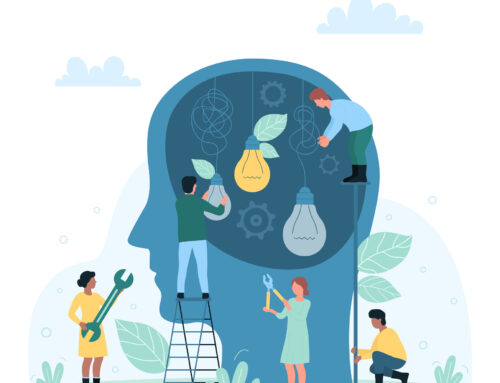Organizational Power Trips
Shawnee Love •
August 16, 2013
When we think about power and the associated dynamics in the workplace, we often think of organizational politics. While certainly they can be a manifestation of power gone wrong, power exists in every organization, even if you work in a relatively politic free organization.
In a really simple model, you could probably plot everyone in your company on a spectrum of power from low to high assigning people to spots on the spectrum based on their relative organizational power.
In your plotting you will come to notice there are many ways to obtain power. Here are the most common ones in an organizational context:
Positional Power: i.e. power based on your job title. CEO’s have more power than managers who have more power than coordinators and so on. Note that positional power doesn’t even have to mean you do your job well, just that you hold a title which is recognized as higher up the food chain and thus has decision making authority over others on things like hiring and firing, rewarding and punishing, allocating work and teams, scheduling vacations, etc.
Informational Power: In many companies, knowledge is power and thus the one with the most knowledge has the most power. Clearly the more senior your role, the more information you are likely to have access to, but there are many people who gather (and even hoard) information simply to gain more power.
Relational Power: This is the power you have by association. E.g., if you play golf with or have the ear of the CEO even though you may be low man on the totem pole, your relationship with someone in power gives you a measure of power as well. I have seen this power wielded time and time again by Executive Assistants who define their hierarchy based on who they serve. They can use this power for good, but beware of the assistant who takes advantage of her relationship to bad mouth those who don’t jump when she calls.
Accomplishment Power: This is the influence you gain by your street cred. Your been there, done that, got the t-shirt (only in the most humble way). In a work environment, this expertise translates into people listening when you speak and following you, i.e., they have given you power.
Personal Power: This power is typically based on your character and is definitely in the eye of the beholder. That is, you would have personal power if people admire you and how you work.
In organizations, power leads to influence and the ability to have control over things including your own schedule, projects, seating arrangements, colleagues, etc. I think it is pretty clear why people want power and spend a lot of time figuring out how to get it.
What types of power do you see in your organization?






